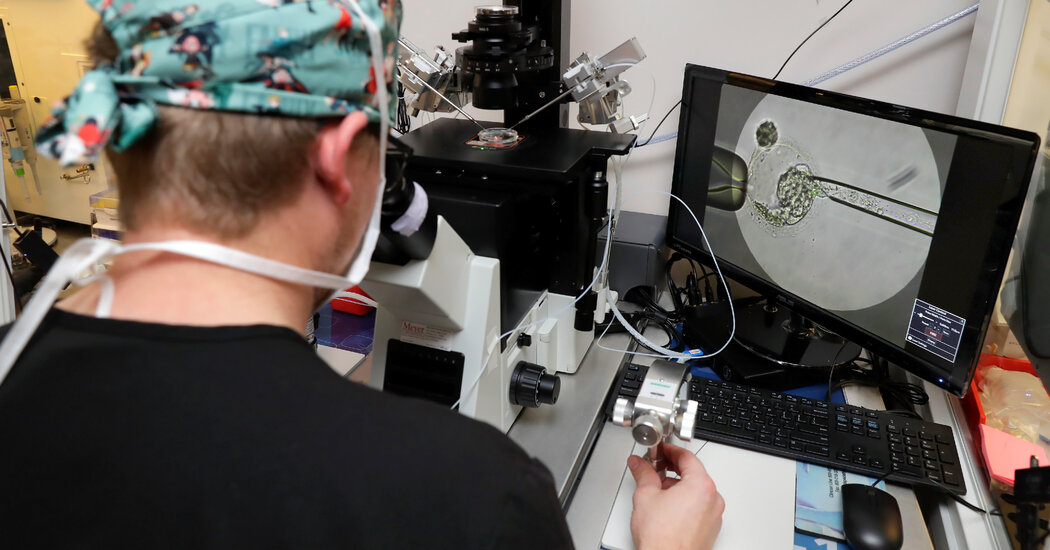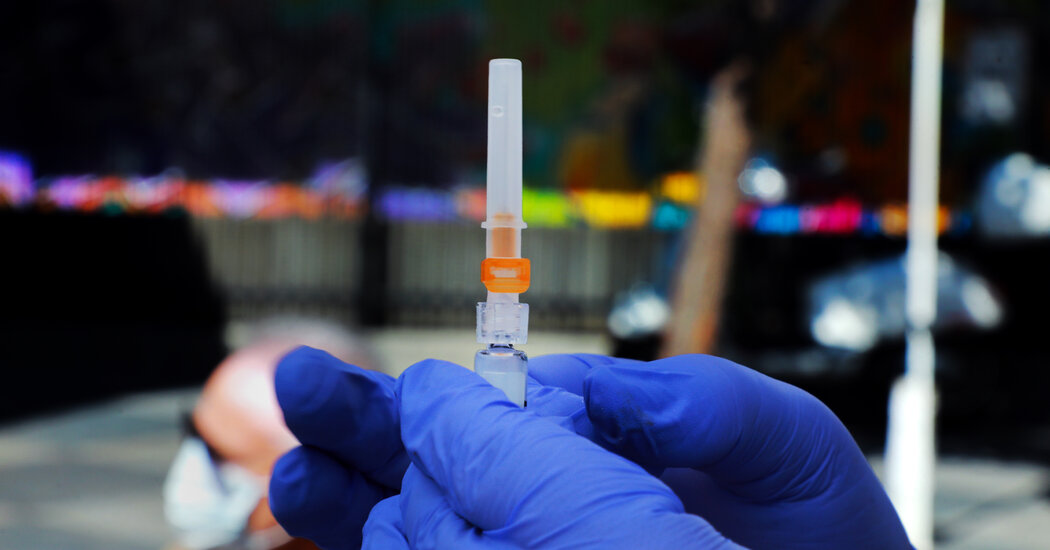Every year, tens of thousands of young women opt to freeze their eggs, an expensive and sometimes painful procedure. As more Americans postpone childbearing, the numbers are growing.
But there are many unknowns: What is the optimal donor age for freezing? What are the success rates? And critically: How long do frozen eggs last?
The answers to those questions may be harder to find. In its drastic downsizing of the Centers for Disease Control and Prevention, the Trump administration abolished a federal research team that gathered and analyzed data from fertility clinics with the purpose of improving outcomes.
The dismissal of the six-person operation “is a real critical loss,” said Aaron Levine, a professor at the Jimmy and Rosalynn Carter School of Public Policy at Georgia Tech, who has collaborated with the C.D.C. team on research projects.
“They had the most comprehensive data on fertility clinics, and their core value was truth in advertising for patients.”
Barbara Collura, chief executive of Resolve: The National Infertility Association, said the loss of the C.D.C. team would be a setback to both infertile couples and women contemplating the freezing and banking of eggs.




